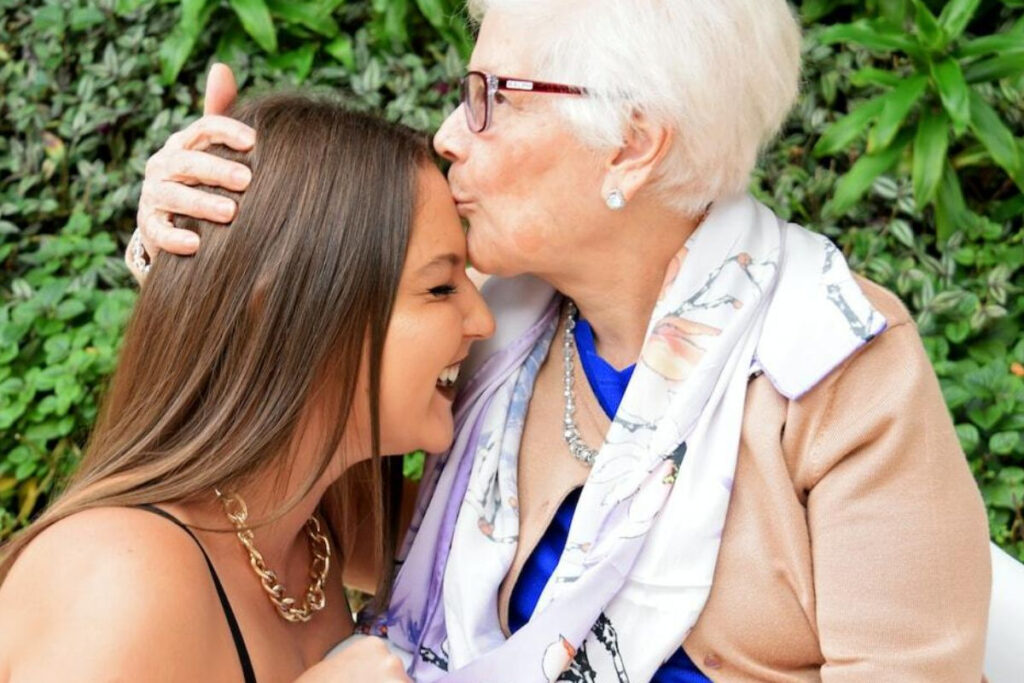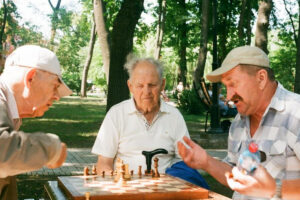Boosting Elderly Mental Health: The Power of Connections
Imagine feeling like a lone star in the vast night sky, searching for connection and belonging. Now, picture this experience amplified for our elderly population, who face the challenges of social isolation and its toll on their mental health.
But fear not, for there is hope! In this article, we will explore the power of connections in boosting elderly mental health.
Through meaningful relationships, community programs, and the support of family and friends, we can help our beloved seniors navigate this journey with warmth and compassion.
The Impact of Social Isolation
Don’t underestimate the profound adverse effects of social isolation on elderly individuals. Loneliness is more than just a feeling; it’s an epidemic that affects the health and well-being of our older population. When seniors are isolated, they experience a decline in both physical and mental health. The consequences can be severe and long-lasting.
Studies have shown that social isolation can lead to increased rates of depression, anxiety, and cognitive decline. It can weaken the immune system and increase the risk of developing chronic diseases such as heart disease and diabetes. Additionally, the lack of social interaction can lead to poor sleep patterns, decreased appetite, and even a shortened lifespan.
As a compassionate and knowledgeable society, we must address this issue and find ways to combat the loneliness epidemic among our elderly. Connecting with others, whether through family, friends, or community programs, can tremendously impact their well-being. By fostering a sense of belonging, we can help them maintain their physical and mental health, ensuring they live fulfilling and happy lives.
Building Meaningful Relationships
To build meaningful relationships, you need to prioritize connecting with elderly individuals and make an effort to understand their needs and interests. Intergenerational friendships can significantly improve emotional well-being in both younger and older individuals. Bridging the generation gap can create a sense of belonging and support for older people.
Take the time to engage in conversations and activities that allow you to learn from their experiences and wisdom. Show genuine interest in their hobbies, passions, and stories. Doing so can foster a deep connection that brings joy and fulfillment to both parties.

Community Programs and Support Networks
Join local community programs and support networks to enhance the mental health and well-being of elderly individuals. These programs offer various services and activities to provide a sense of belonging, support, and connection.
Volunteering opportunities within these programs allow you to contribute to your community, engage with others, and build meaningful relationships. By offering your time and skills, you can positively impact the lives of others while also benefiting your own mental health.
Community programs often organize mental health workshops, where you can learn valuable strategies for managing stress, improving emotional well-being, and maintaining cognitive function. These workshops create a supportive environment where you can share experiences and gain valuable insights from others facing similar challenges.
The Role of Family and Friends
Engage with your loved ones and build strong connections to support the mental health and well-being of elderly individuals. The role of family and friends in providing emotional support and preventing loneliness can’t be overstated.
As we age, our social circles may shrink, leading to feelings of isolation and sadness. However, maintaining close relationships with family members and friends can significantly enhance older adults’ overall quality of life.
Regular visits, phone calls, or even video chats can help bridge the physical distance and provide a sense of belonging and companionship. Sharing stories, memories, and daily experiences can bring joy and laughter, easing any feelings of loneliness.
Technology and Virtual Connections
Utilizing technology and virtual platforms can help seniors maintain strong connections with family and friends, which can significantly enhance their mental health and well-being. In today’s digital age, there are numerous ways for seniors to stay connected and engaged, even from the comfort of their own homes.
Here are four ways technology and virtual connections can support their mental well-being:
Virtual therapy: Access to virtual therapy sessions allows elderly individuals to receive professional mental health support without leaving their homes. It provides a convenient and safe option for addressing emotional concerns and receiving guidance.
Online support groups: Joining online support groups allows seniors to connect with others
facing similar challenges or experiences. It provides a sense of belonging and validation andthe opportunity to share and receive support from a supportive community.
Video calls: Regular video calls with loved ones can combat loneliness and isolation. Seeing familiar faces and hearing their voices can bring comfort and happiness, fostering a sense of connection and closeness.
Social media and messaging apps: Platforms like Facebook, WhatsApp, or Instagram enable seniors to stay connected with family and friends, share updates
and photos, and engage in conversations. It makes themfeel connected to their social networks, even when physical distance separates them.











